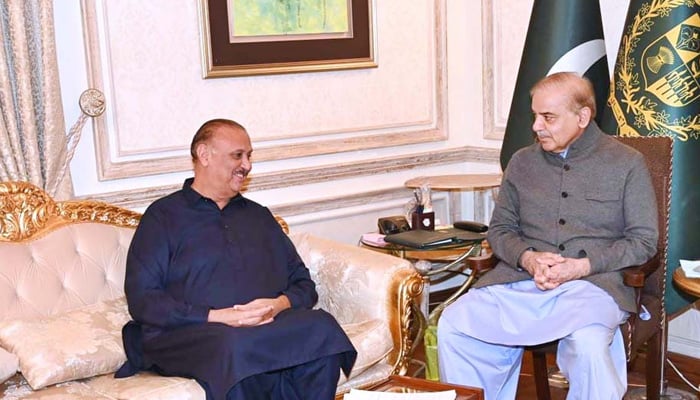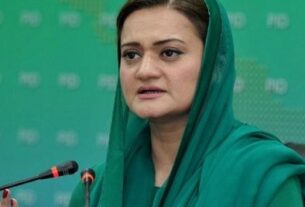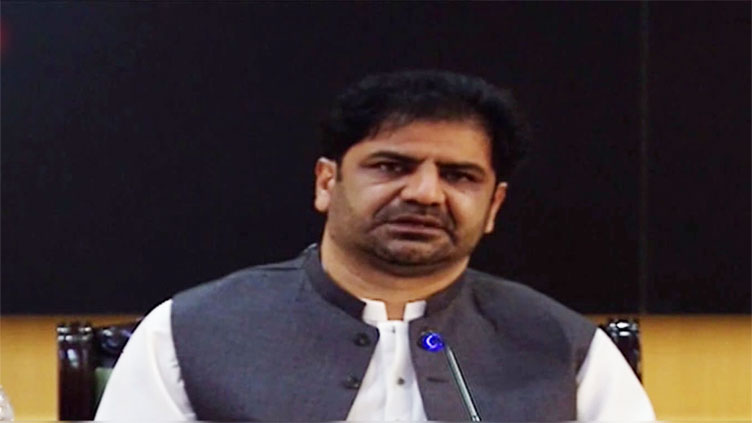Discussions around the nation sparked by the postponement of the highly anticipated meeting between Prime Minister Shehbaz Sharif and influential political figure Raja Riaz. It was anticipated that this high-level political discussion would cover important national issues, however the meeting has been postponed because of unanticipated events. The delay has sparked debate regarding Pakistan’s current political climate. Here, we examine the likely causes of the delay as well as its possible effects on the political environment.
1. The meeting was postponed; why?
There were several reasons why Prime Minister Shehbaz Sharif and Raja Riaz decided to postpone their meeting. These unanticipated crises, schedule issues, or internal political events that need addressed right now. Key national concerns like governance, economic reforms, and Pakistan’s political stability the main topics of the crucial talks that expected between the two presidents.
High-level political meetings frequently delayed, particularly when pressing issues in the country’s governance come up. The individuals involved and the political atmosphere at the time have made this specific postponement noteworthy.
2.The Meeting’s Political Significance
It anticipated that the meeting between Raja Riaz and Prime Minister Shehbaz Sharif would have a big impact on Pakistan’s political course. A key player in politics, Raja Riaz is well-known for his significant influence within the opposition.
a.Economic Strategies:
coordinating economic plans to deal with Pakistan’s present issues.
b.Lawmaking Reforms:
Important legislative issues that need support from both parties.
c.Security of the Nation:
resolving internal disputes and security issues that can jeopardize Pakistan’s stability. This meeting’s timing was important because it might have paved the way for the opposition and the ruling government to work together.
3. Postponement’s Effect on Political Relations
The political climate affected in a number of ways if such an important conference postponed.
a.Mutual Trust:
There may be conflict between the opposition parties and the ruling government as a result of the delay. It could be an indication of underlying conflicts or disagreements over important national issues.
b. Perception by the Public:
The public’s trust in the political leadership may be impacted by this delay. The public expects national concerns resolved promptly, and delays frequently cause annoyance.
c. Strategic Partnerships:
Future political party cooperation impacted by the delay, particularly if important agreements or compromises to be reached.




